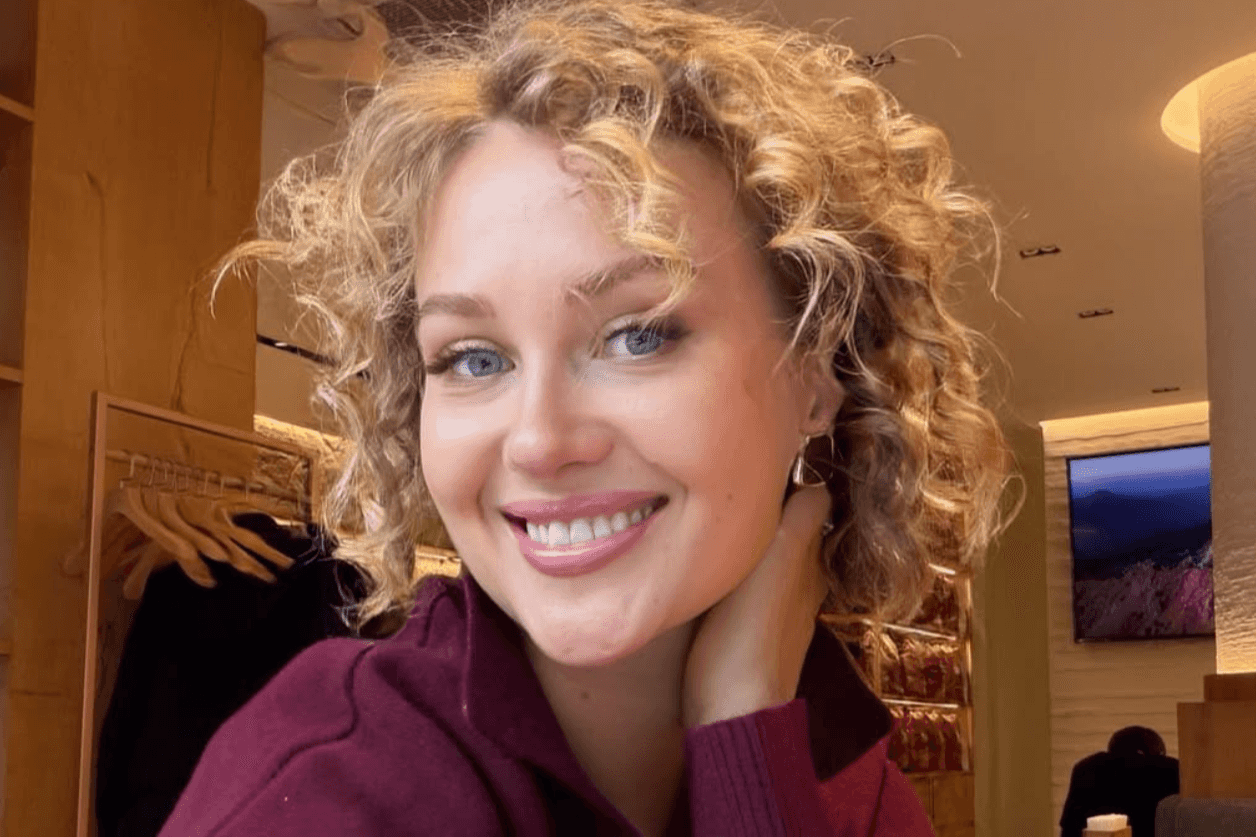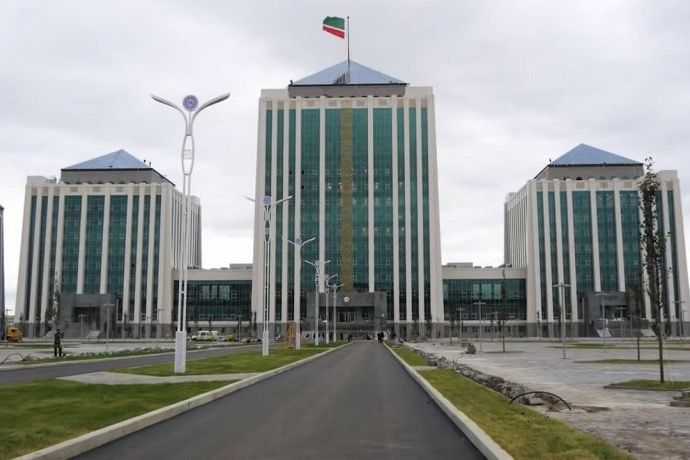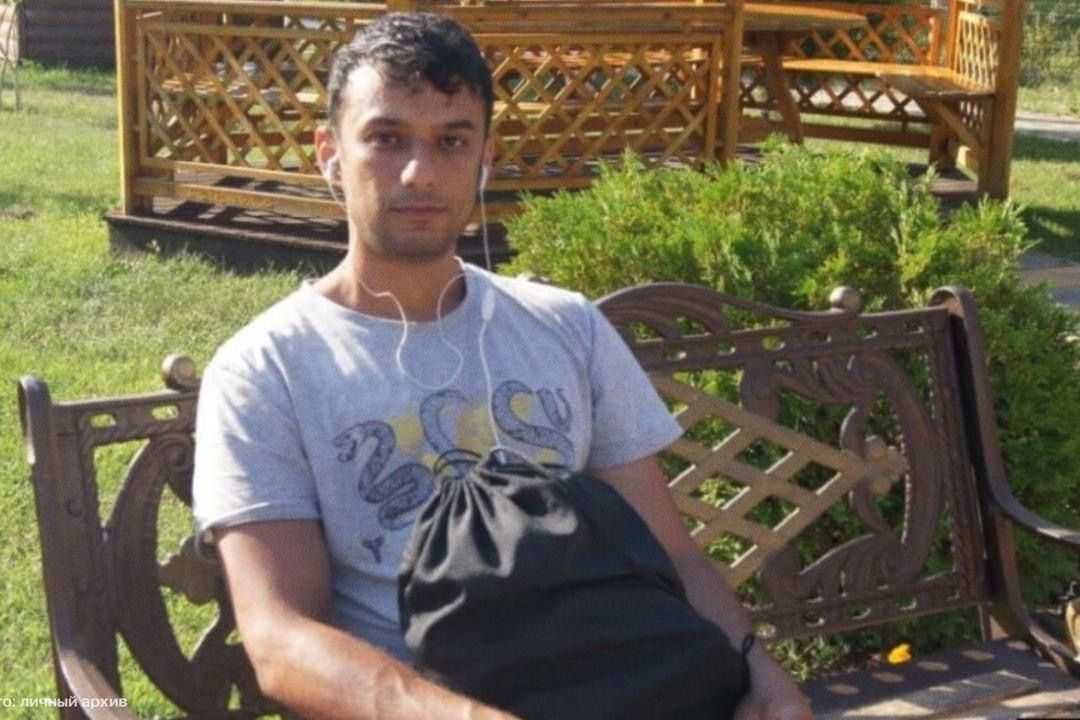
When a 15-year-old boy in Russia called Ramzan Kadyrov a shaitan, an Islamic term for a demon, using an anonymous Instagram account, it did not take long for the Chechen authorities to track him down and force him to apologise. But despite backlash over the practice of forced apologies, Chechen minors are routinely abused and humiliated in Russia.
During a livestream on Instagram on 17 May in which Ramzan Kadyrov showed his followers a strawberry field at a private residence in the centre of Grozny, one viewer caught the head of Chechnya’s ire.
A user under the nickname ‘awalkaew_209’ left a comment, saying: ‘You’re not a human, you’re a shaitan’ — a devil or demon in Islam. Kadyrov read the comment aloud, promising to find and ‘destroy’ this user.
‘I will find you and we will see which of us is a shaitan’, Kadyrov said. ‘I have destroyed many shaitans and I will destroy you too.’
The head of Chechnya began to actively use Instagram in 2013, often using live streams on social media to make scandalous and offensive statements. He also regularly uses social media to threaten public figures, human rights defenders, and journalists, and from time to time, users who write comments he finds offensive.
After the US imposed sanctions against Kadyrov in 2017 for ‘gross violations of internationally recognised human rights’, Instagram blocked his account. However, Kadyrov has simply made new accounts.
The user who called Kadyrov a shaitan was identified in just over a day as Akhmed Valkaev, a 15-year-old boy living in Moscow Oblast originally from Daghestan.
Two days after the incident, on 19 May, Chechen state-run channel Grozny TV broadcasted a video featuring a chastened and silent Valkaev along with members of his family. Valkaev’s parents apologise for the ‘misbehaviour’ of their son.
The boy’s father and other relatives from Daghestan all ask Kadyrov for forgiveness for the ‘shortcomings’ in Akhmed’s upbringing. The teenager himself says nothing.
The channel did not specify how the apology video was obtained. However, similar apologies appear on the channel on a regular basis.
The footage soon sparked a backlash online, with several Instagram accounts — mostly closed or anonymous — launching a campaign under the hashtag #Kadyrovshaitan.
Soon after, participants in the campaign who used their real names also began to publicly apologise.
The first was a 17-year-old boy from the Russian city of Perm who had recorded a short video in which he condemned Kadyrov for going after authors of critical comments and called him a shaitan. He removed the video and one with an apology appeared in its place.
The teenager told reporters that his address was found and that he decided to record this video in order to avoid any consequences.
‘Unwanted people found my address and I decided that I’d rather apologise on my own initiative than do so later in a forest,’ he said. He did not specify who these people were.
The apologies did not stop there. On 10 June, a video of a teenage boy from Kabardino-Balkaria apologising appeared on a the Instagram page of a pro-government Chechen Telegram channel. The boy apologised for calling Kadyrov a shaitan.
On 19 June, a video of a teenage boy from Stavropol Territory apologising emerged. In it, unseen men slap and kick the boy as he apologises to Kadyrov.
The targeting of children
Such public apologies by those deemed to have insulted Kadyrov are not a new phenomenon in Chechnya.
In 2016 Kadyrov addressed young people who criticised him online, saying his people were monitoring all websites and that offenders would ‘pay for every written word’. Chechen authorities have made clear that they do not distinguish between adult and child offenders, who may also be subjected to illegal detention, torture, and humiliation on an equal basis with adults.
In December 2017, a video appeared on social media in which a police officer beats 4 teenagers and scolds a girl, demanding they apologise. The reason given was that the children had insulted the ancestral village of Kadyrov’s mother, Ilskhan-Yurt, in private messages online to each other.
As the video ends, the off-screen police officer can be heard saying: ‘You need to kill such critters’.
In July 2019 Grozny TV aired almost an hour-long story about a teenager who, sobbing, apologised for his behaviour. According to the channel, the boy wrote critical comments about the authorities on Instagram.
Sixteen-year-old Magomed Akhmatov was lectured and reprimanded by the mufti of the region, Salakh Mezhiyev himself. The mufti read aloud comments written by the teenager, in which Magomed called the authorities ‘infidels’ and asked the boy on what basis he had made such conclusions.
Mezhiev accused Akhmatov of becoming ‘a comrade of the enemies of Islam and a shaitan’ while TV Grozny labelled the teenager ‘the author of extremist materials who slandered the authorities.’.
In February 2021, two minors, Ismail Isaev and his brother Salekh Magamadov, were abducted from a safehouse in central Russia. The two, along with several other teenagers had previously been rounded up and forced to apologise for making posts critical of the authorities on Telegram.
Magomadov and Isaev are currently on trial for ‘financing terrorism’, charges human rights activists consider to be fabricated.
‘Left with no choice’
‘Those who are persecuted by Kadyrov, including minors, are subjected to illegal persecution by the state’, a lawyer working on children’s rights in the North Caucasus who wished to remain anonymous told OC Media.
She said that Russian authorities including the Investigative Committee, Prosecutor’s Office and Human Children’s Rights Commissioner should be monitoring and investigating such cases, but that they ‘do not react in any way to violations of human rights by Kadyrov and his people’.
She said that far from protecting children from abuse by state and security officials, such bodies ‘on the contrary supports the illegal persecution of people by representatives of the authorities in every possible way.’
The lawyer said that it was illegal for the media, or anyone else who is not a child’s parent, to distribute videos or photographs of a minor without the consent of their parents. Videos in which children are abused and apologise for comments on social networks while crying are exactly that and should be prosecuted as criminal offences against minors, she said.
‘When someone apologises on camera’, she adds, ‘you need to understand that the person was left with no choice: either to apologise or be tortured, and possibly end up with a fabricated criminal case to their name’.









